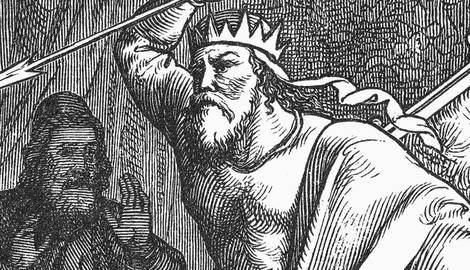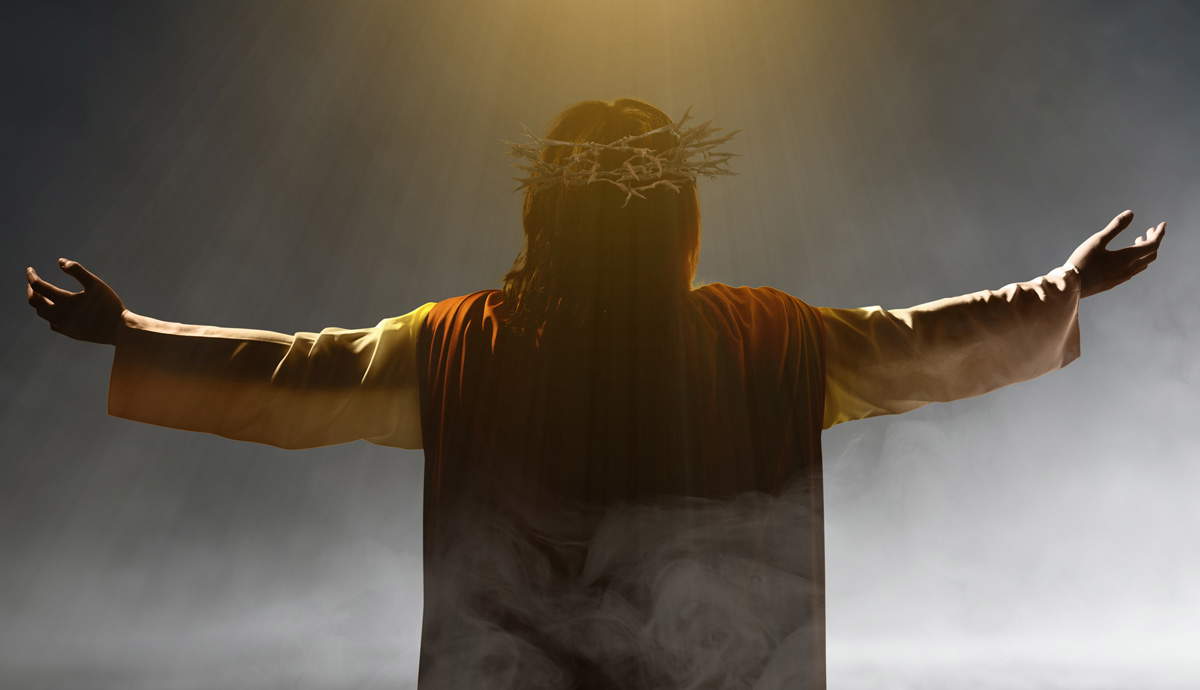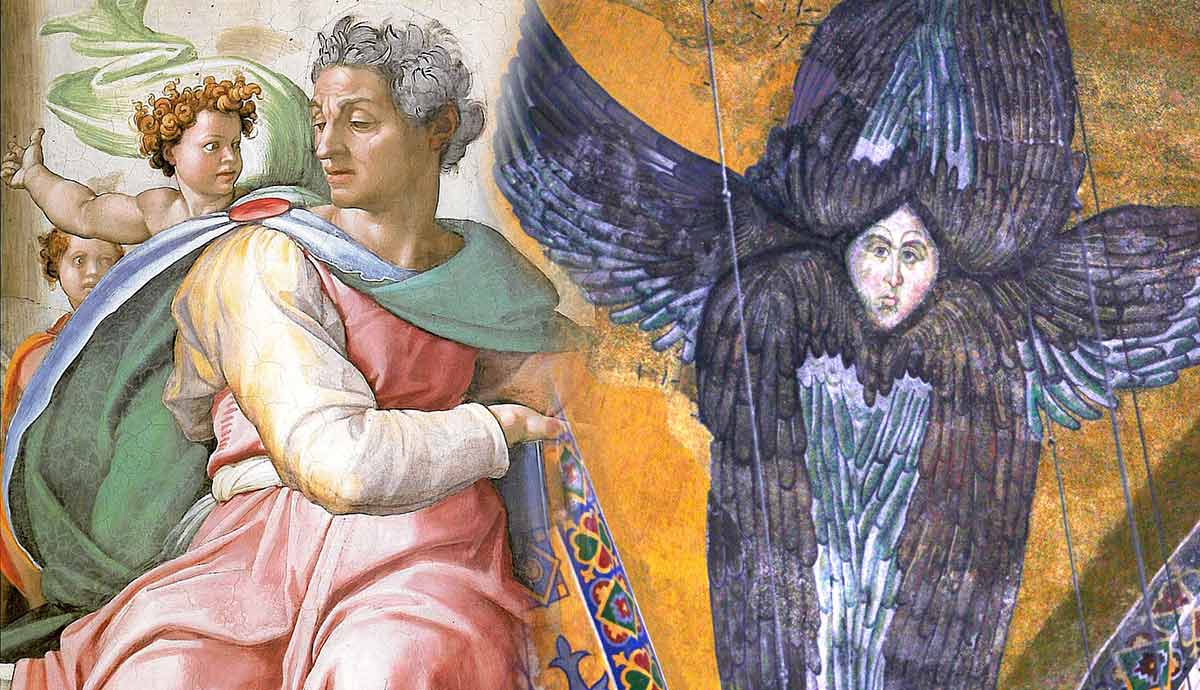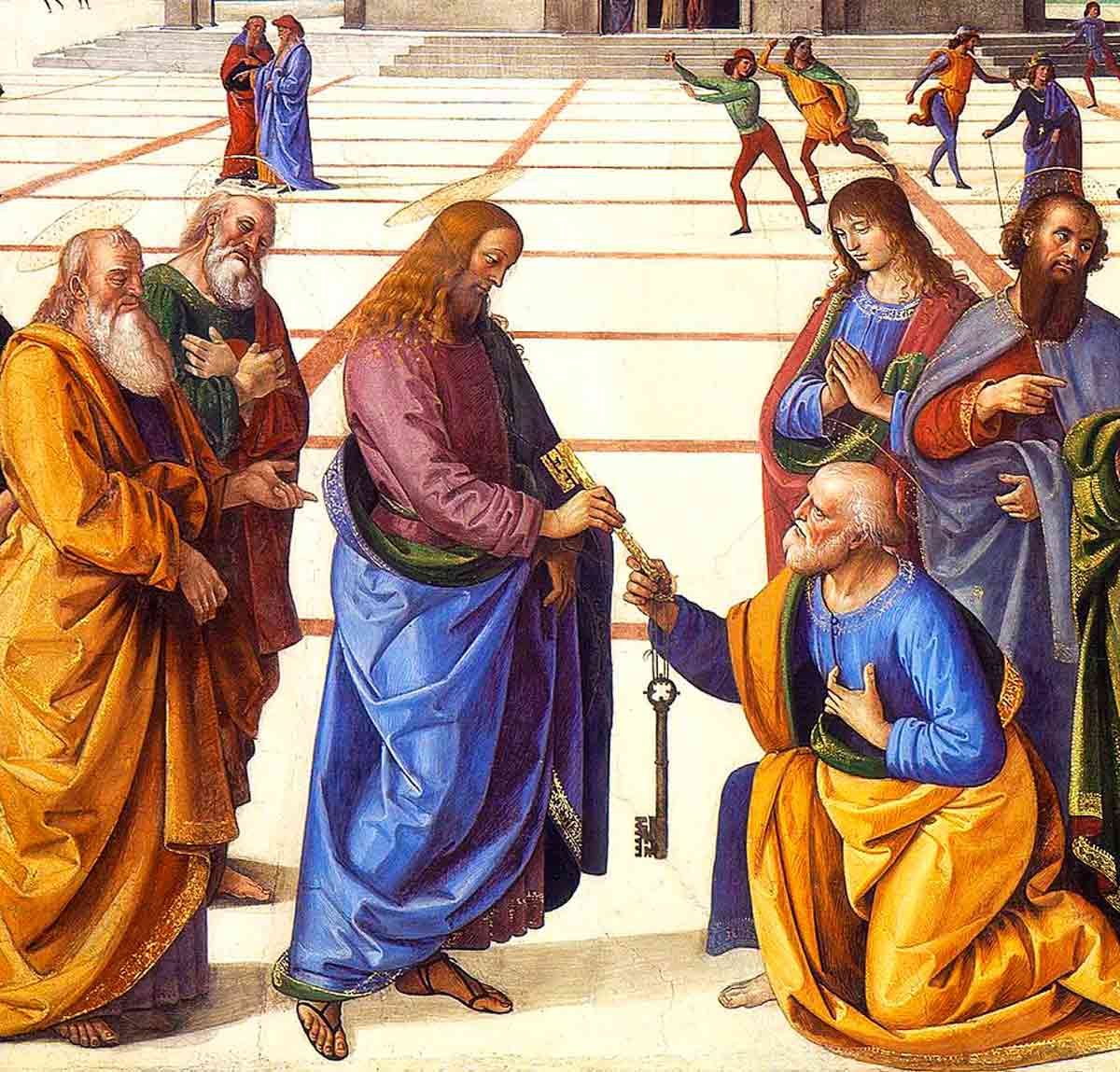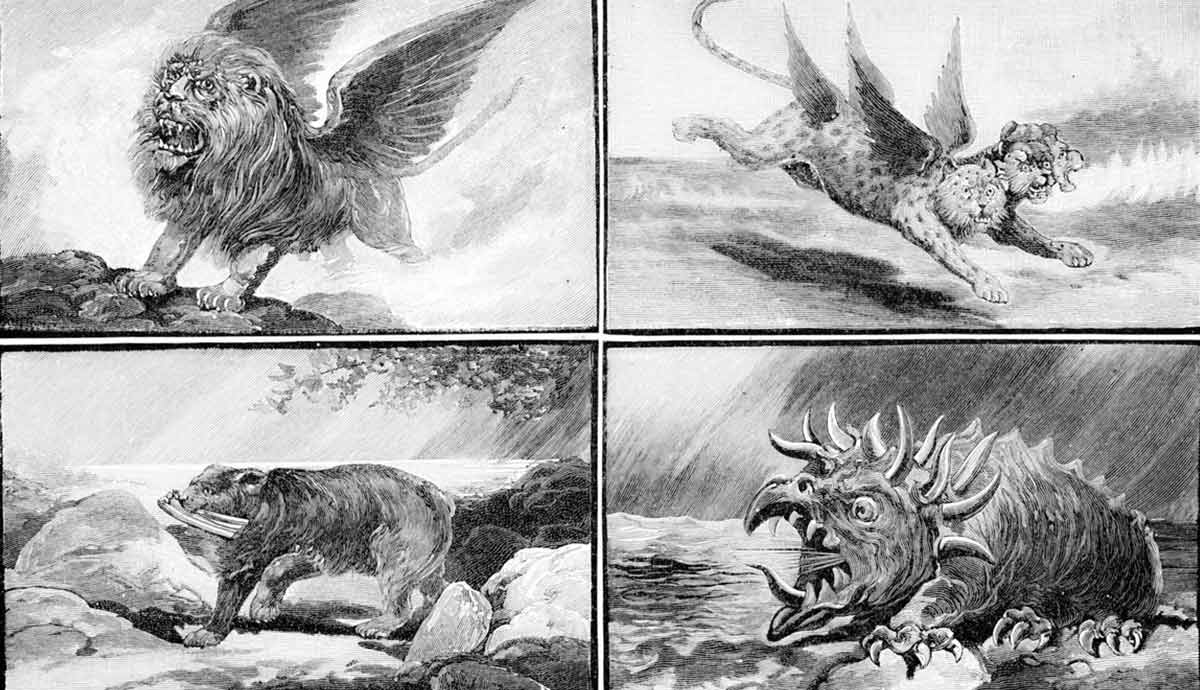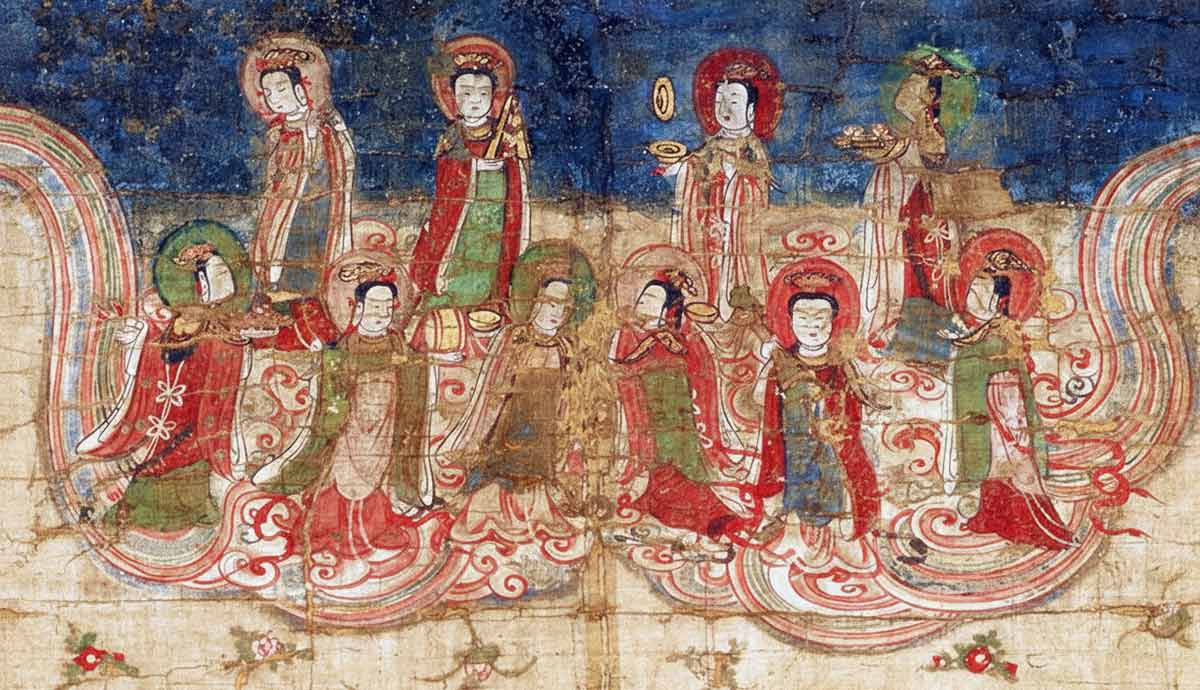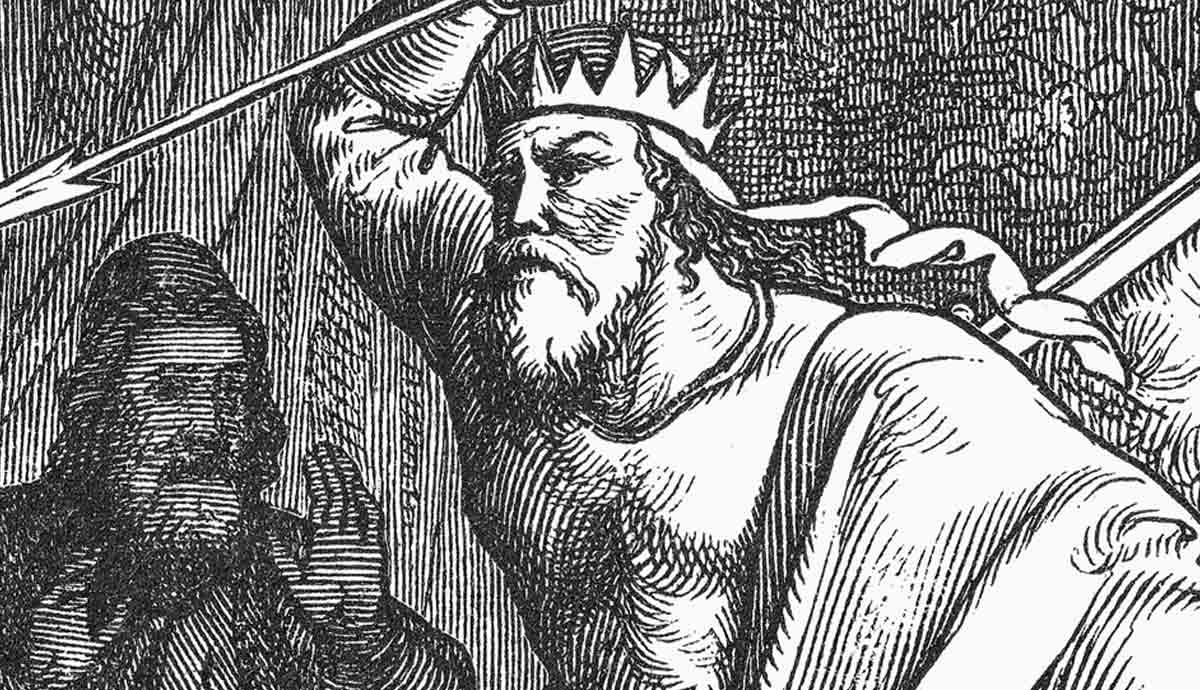
King Saul was the first king of Israel, appointed by the prophet Samuel. Israel insisted on being like surrounding nations by having a monarch. Though he was physically strong and attractive, he was from the least of the tribes of Israel. Initially, he was a humble and spiritual man, but during his reign, he became jealous, arrogant, and progressively more disobedient to God. Many years passed between the time God informed Saul that he would lose his kingship and when he ended his own life.
From Theocracy to Monarchy

When God brought the Israelites out of Egypt, he appointed Moses as the leader of his people for the duration of the journey, which took 40 years longer than it should have. Moses passed shortly before the Israelites entered the promised land and took it by force. Joshua took the reins from Moses and led the Israelites in conquering much of the land of Canaan. Joshua, however, died before the promised land was completely under Israelite control.
Since God divided the promised land amongst the tribes of Israel, there was no centralized leadership, and God raised judges as and when the situation required a specific person to guide the tribe in their affairs. The tribes were under a Theocracy: God was king. These judges often led their tribes to victory in battle and settled problematic situations in a manner that honored God. There were, however, corrupt judges as well. Samuel, a priestly character, a prophet, and a judge, appointed his sons as judges when he was old, but they perverted justice and took bribes, which upset the populace.

The people of Israel wanted a king like their neighboring nations had. They asked for a king to judge them because one of the functions of a king was to judge his people and settle disputes. The request displeased Samuel, but he took the matter to God in prayer. God considered the request a rejection of him. God granted their request but told Samuel to warn Israel of the repercussions and dangers of a monarchy.
Samuel told the people their sons would be called up for military service on the king’s orders. They would have to serve the king in other positions as well to uphold the royal household, and they would have to pay taxes on their produce and profits. The people did not heed the warning and remained adamant about having a king appointed over them.
The Rise and Reign of King Saul

Saul was from the tribe of Benjamin. He was a man of impressive physical stature, being taller than his peers from the shoulders upward, and he was very handsome (1 Samuel 9:2). Though an imposing man, Saul was humble and did not regard himself or his tribe as remarkable (1 Samuel 9:21).
Samuel anointed Saul as king and gave him instructions on what to do next until they would meet again for his inauguration. Samuel called all of Israel together at Mizpah, ah, where they went through the divinely appointed method of determining leadership: by casting lots. Among the tribes, the lot fell on Benjamin. Among the clans in Benjamin, the lot fell on the Matrites, and then the lot fell on Saul among those in his family. Saul, however, was nowhere to be seen.

Saul, who knew he would be appointed king when all the lots were cast, hid himself among the baggage. Saul was reluctant to ascend the throne and likely shy to appear as leader before all of Israel. Samuel had, however, prophesied that God would empower Saul with his spirit. He said: “Then the Spirit of the LORD will rush upon you, and you will prophesy with them and be turned into another man” (1 Samuel 10:6). Saul did prophesy with other prophets on several occasions.
Directly after his inauguration as king, some people questioned whether Saul was the right person for the job. His reaction was telling. He did not act against them. Instead, “he held his peace.” (1 Samuel 10:27). This shows his leadership, maturity, patience, and self-control.
Saul was a spiritual man during his early kingship. He acted boldly early on in his reign and was spirit-filled in his intentions and actions. He rallied the Israelites against Nahash the Ammonite and freed Jabesh-Gilead from a siege. This unified the tribes under one monarch, and the nation gathered in Gilgal to confirm the kingship of Saul over all the tribes of Israel (1 Samuel 11:14-15).

Saul established a standing army of men from every tribe among the Israelites. Saul successfully led the army in campaigns against the enemies of Israel, defeating the Ammonites and winning battles against the Moabites, Edomites, Amalekites, the Philistines, and the kings of Zobah (1 Samuel 14:47-48). These military successes unified the tribes, and a national identity developed in Israel. The tribes had shared enemies and could effectively defend their territory with a national military.
Saul set up an early system of administration and governance, appointing officials in key positions. Though not expressly mentioned, it is reasonable to assume that Saul addressed the lack of blacksmiths in Israel to help supply his army with weapons (1 Samuel 13:19-22). Israel did not prosper greatly under Saul, but he laid the foundations for a powerful and prosperous monarchy. During the early parts of his reign, Saul was a popular and beloved king, but things changed as his reign continued.
The Fall of Saul

The fall of King Saul was not the result of a single action or event, but rather the culmination of deep-seated flaws he had that remained unaddressed. 1 Samuel 13 records the earliest sign of his decline. Saul made a sacrifice to God himself, something that did not fall within the purview of his office as king. Only the priests, who were from the tribe of the Levites, were ordained by God to perform sacrifices. Saul buckled under social and political pressure and the threat of Philistine invasion and took the place reserved for Samuel. “So I forced myself, and offered the burnt offering.” (1 Samuel 13:12). Samuel told Saul that the kingship would not remain in his family because of his disobedience. Saul became more arrogant and did not follow the commands of God as he should have.
Soon after, Saul was disobedient again and did not kill Agag and all the animals of the Amalekites. God said: “I regret that I have made Saul king, for he has turned back from following me and has not performed my commandments” (1 Samuel 15:11). Saul even erected a monument to himself, showing that the humble nature he once had, had been lost (1 Samuel 15:12). Samuel informed Saul that God would take the kingdom from him. From then on, Saul became an insecure and unstable character.

David was anointed king long before he would take up the office. When David became a notable character in Israel, Saul saw him as a threat. Saul’s spiritual decline saw David called to the royal household to serve the king. Later, David was instrumental in defeating Goliath and the Philistines when Saul, largely due to a lack of faith, would not engage with the Philistines. David became a hero to his people when he defeated the Philistine champion Goliath. 1 Samuel 18:6-8 says:
“As they were coming home, when David returned from striking down the Philistine, the women came out of all the cities of Israel, singing and dancing, to meet King Saul, with tambourines, with songs of joy, and with musical instruments. And the women sang to one another as they celebrated, ‘Saul has struck down his thousands, and David his ten thousands.’ And Saul was very angry, and this saying displeased him. He said, ‘They have ascribed to David ten thousands, and to me they have ascribed thousands, and what more can he have but the kingdom?’”
David was very popular among the Israelites, and Saul, even though he was king, lost favor. Saul became obsessed with David and desired to kill him, but was unsuccessful in several attempts. The more he tried to undermine David, the more unpopular Saul became. Saul became so hateful of David that he launched a campaign to capture and kill him. David continually outmaneuvered Saul and even spared his life on multiple occasions.

In the end, Saul went against his own command that mediums must be eradicated from Israelite territory, and consulted the witch of Endor to channel Samuel. The medium informed Saul that he and his son, Jonathan, would die the next day and Israel would fall to the Philistines (1 Samuel 28:18-19). Saul took his own life on the battlefield by falling on his own sword.
Saul, who started as a humble, faithful, and spiritual young king, became an insecure, self-obsessed, aggrieved, and hateful king who was disobedient to God to the extent that it cost him his kingship and subjected the Israelites to the Philistines. The story of Saul is one in which all the warnings Samuel gave about having a king rule over Israel came true. Israel suffered the consequences of their rejection of Theocracy in favor of a monarchy. Saul lost the legacy he could have had because of his disobedience to God, and now, most Christians and Jews remember him as the first failed king of Israel.
